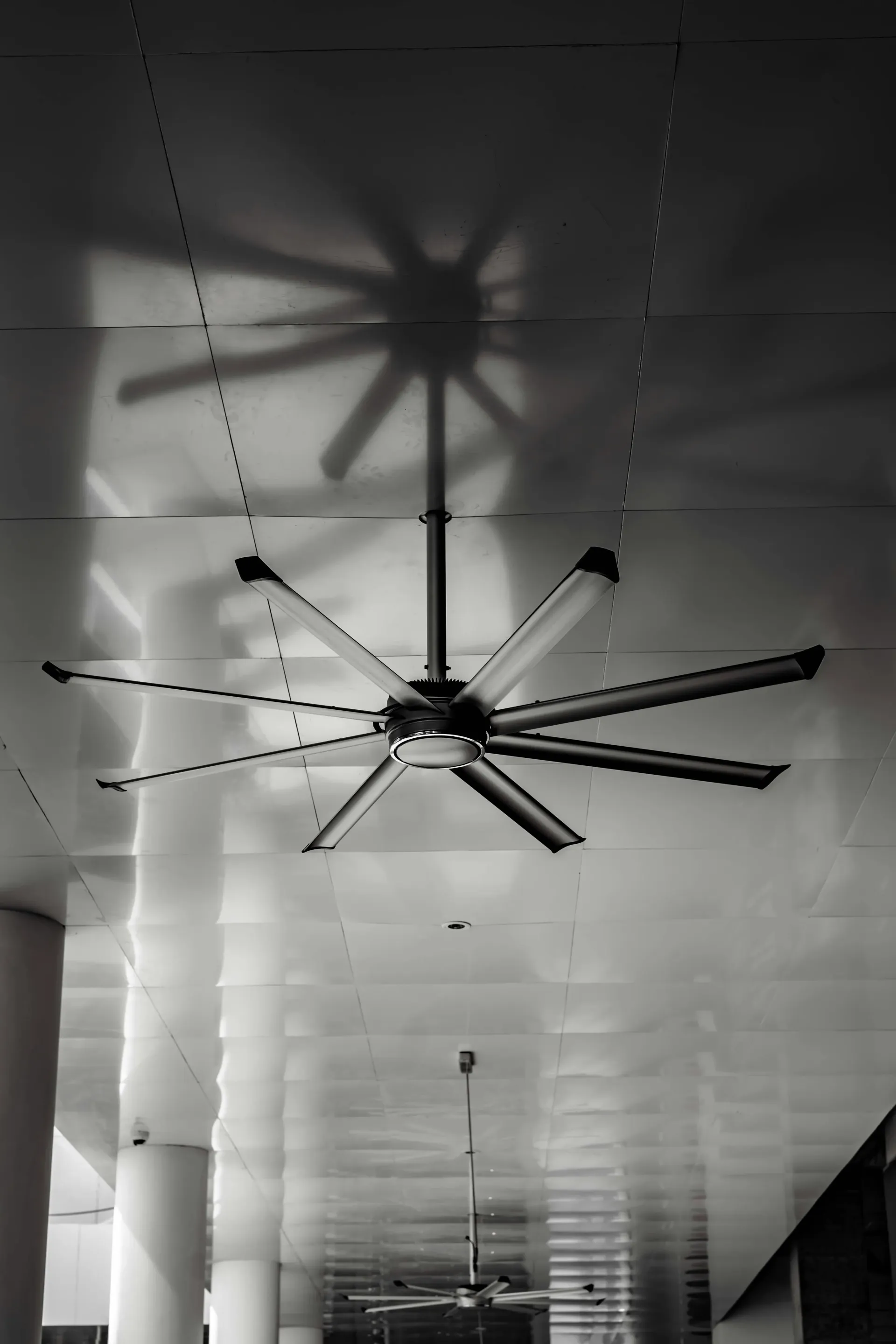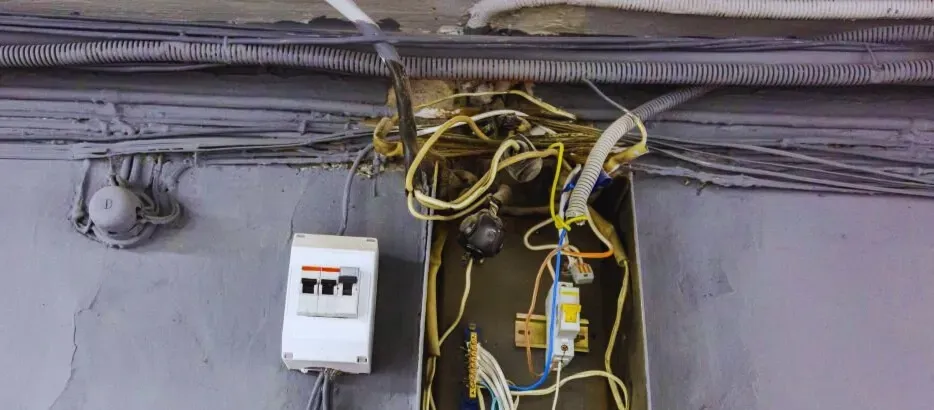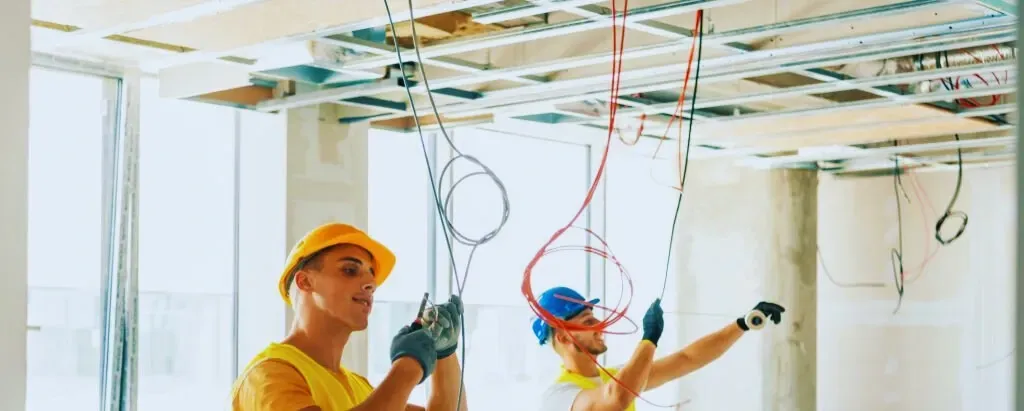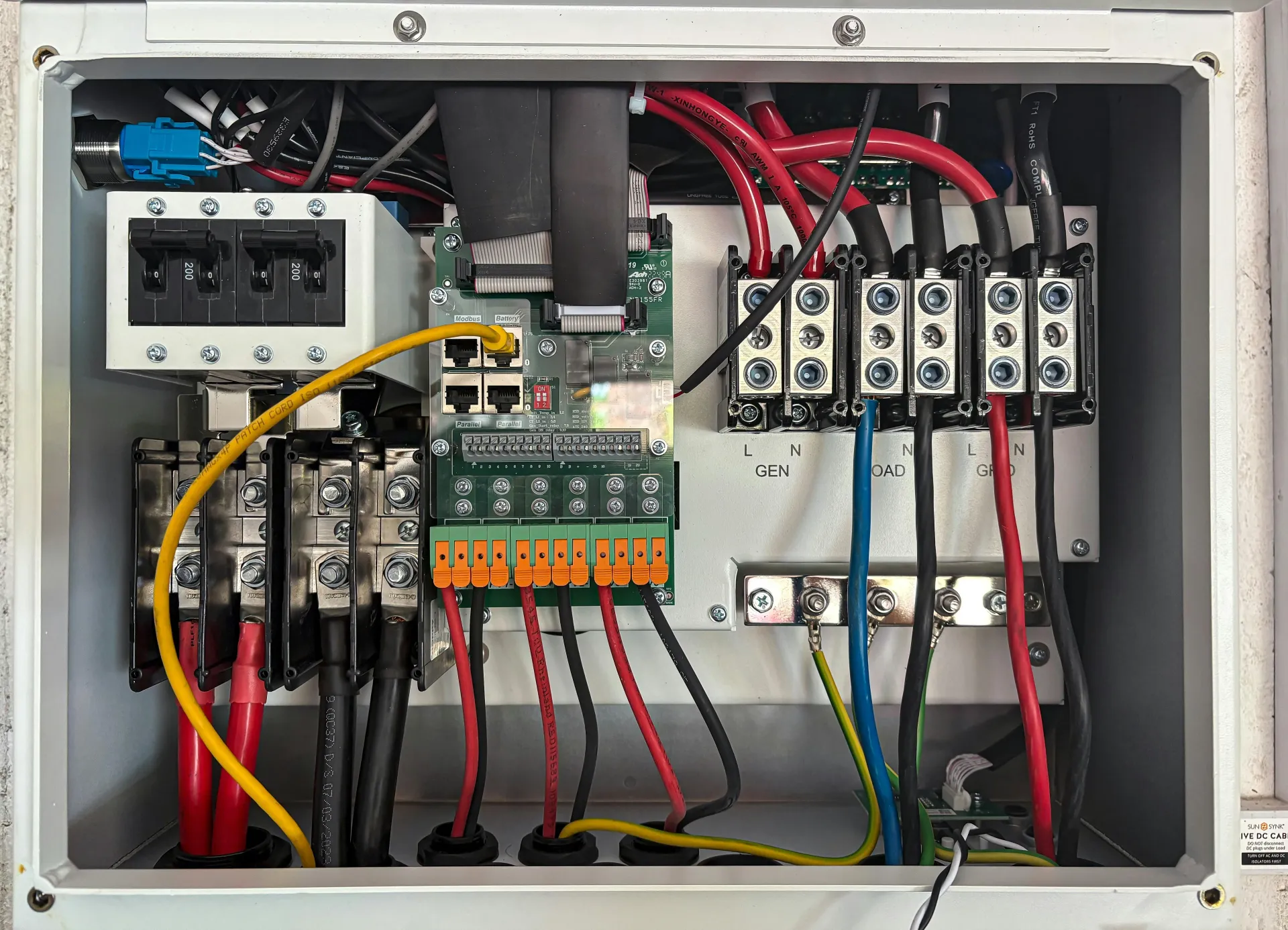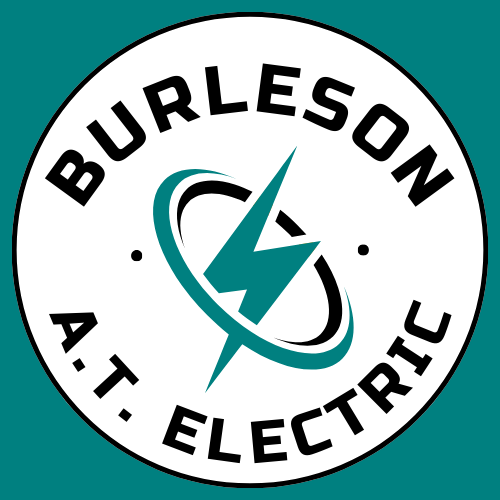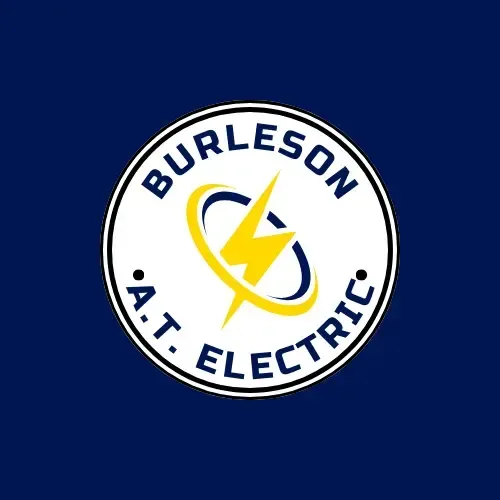Most Frequent Electrical Issues Homeowners Commonly Face
Electricity is the unseen lifeline of every modern household. It powers our appliances, lights our spaces, and keeps us connected. However, for all its importance, most homeowners take their electrical systems for granted—until something goes wrong. From flickering lights to burnt outlets, these nuisances are often signals of deeper electrical issues that should never be ignored.
This article explores the most frequent electrical issues homeowners commonly face, offering insights into their causes, potential hazards, and the best ways to resolve them. Whether you're troubleshooting a tripping breaker or experiencing power surges, knowing what to look for can prevent expensive repairs—or worse, a safety hazard.
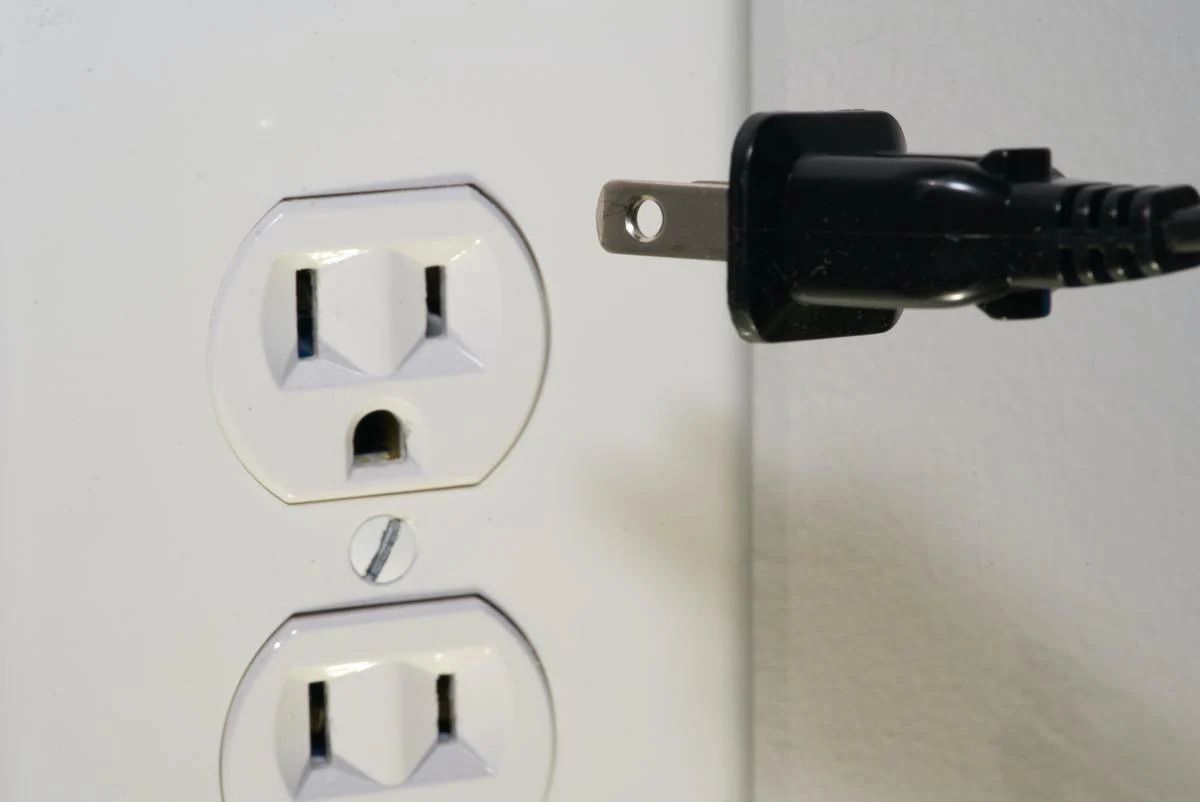
What Causes Home Electrical Problems?
Home electrical problems can arise from a variety of sources:
- Aging wiring that no longer meets today’s power demands.
- Poor installation or DIY work without proper knowledge.
- Rodent interference, where animals chew through wires.
- Overloaded circuits, common in older homes with modern appliances.
Identifying the root cause can make the difference between a quick fix and a major renovation.
Why You Should Never Ignore Electrical Symptoms
While a flickering bulb may seem like a minor annoyance, it might indicate a loose wire or an overloaded circuit. Ignoring these signs not only worsens the problem but also increases the risk of fire or electrocution. According to the National Fire Protection Association (NFPA), electrical failures are one of the leading causes of house fires.
How to Spot Early Signs of Electrical Issues
Here’s what to keep an eye out for:
- Warm outlets or switches
- Repeated circuit breaker trips
- Strange odors like burning plastic
- Buzzing noises from panels
- Discoloration around outlets
Early detection is key. If you notice these signs, it’s wise to seek professional Electrical Service promptly.
Overloaded Circuits and Why They Trip
Overloaded circuits occur when too many devices draw power from the same source. This leads to overheating and can cause the breaker to trip. Homes with many high-wattage appliances are particularly susceptible.
Tripping Circuit Breakers: A Red Flag?
Yes—frequently tripping breakers are often a symptom, not the cause. They could indicate:
- A short circuit
- A ground fault
- An overloaded system
In either case, it’s not something to ignore. Investigating the root cause with a licensed professional is essential.
Dead or Discolored Outlets in Your House
A dead outlet could stem from a tripped breaker, but if resetting doesn't work, it might point to:
- Burned wires
- Faulty outlets
- Backstabbed connections
Discoloration around outlets is a surefire sign of heat damage. Call in a pro immediately.
Flickering Lights: A Minor Flaw or Major Issue?
Flickering lights might simply be a bulb issue—or they might indicate:
- Loose connections
- Voltage fluctuations
- A failing switch or dimmer
Always rule out the simple stuff first, but don't overlook a pattern of flickers.
Why Do Electrical Panels or Outlets Buzz?
Buzzing sounds typically come from:
- Loose wires vibrating
- Improperly grounded outlets
- Faulty circuit breakers
This isn’t just annoying—it’s dangerous. A buzzing outlet could mean imminent electrical failure.
The Silent Danger of Loose Connections
Loose wires can interrupt power flow, cause arcing, and increase fire risks. While a tight wire ensures stability, a loose one invites heat, sparks, and catastrophic outcomes. This is one of the most underreported causes of electrical fires in homes.
Troubleshooting Common Light Switch Failures
If a light switch no longer works or crackles when you flip it, it may be:
- Worn out or defective
- Improperly wired
- Handling more current than it’s rated for
Replacing switches is a quick fix—but doing it wrong can be deadly. Call an expert for safe repairs.
Outdated Wiring and Aluminum Wiring Risks
Older homes often have outdated wiring such as knob-and-tube or aluminum wiring. These materials are no longer considered safe due to their tendency to degrade or overheat under modern loads.
Power Surges and Their Hidden Impact
Not all surges are as obvious as a lightning strike. Everyday appliances turning on and off can create mini-surges that damage your electronics over time. Installing whole-home surge protection is a proactive way to guard your gadgets.
Appliances Tripping Breakers: What's the Real Cause?
If using your microwave causes the lights to dim or the breaker to trip, the circuit is likely overloaded or miswired. High-draw appliances need dedicated circuits. It’s not just about convenience—it’s about safety.
Electric Shocks from Touching Devices or Switches
Feeling a zap when touching metal appliances? You might be dealing with:
- Improper grounding
- Faulty wiring
- A deteriorating appliance
This should be addressed immediately. Any kind of shock is a warning.
Burning Smells: The Emergency Signal You Shouldn't Miss
That burning plastic or fishy odor you detect? It’s a sign of wire insulation overheating. Shut off the power and Contact an electrician without delay.
Plugging Too Much into a Single Outlet
With power strips and extension cords, it's easy to turn one outlet into ten. But overloading can lead to:
- Melting outlets
- Electrical fires
- Shortened appliance lifespans
Spread your devices across multiple circuits or consult a professional for additional outlets.
GFCI Outlets Not Resetting: What It Means
Ground Fault Circuit Interrupters (GFCIs) are designed to cut power when they detect moisture or imbalance. If it won’t reset, it may indicate:
- A real fault in the circuit
- Water intrusion
- GFCI wear and tear
They’re vital in kitchens, bathrooms, and outdoor areas for safety.
Could Faulty Wiring Be Raising Your Energy Costs?
Absolutely. Poor connections and old wiring increase resistance, meaning your appliances draw more power to work. This leads to:
- Higher utility bills
- Shorter appliance life
- Potential hazards
Getting a professional Electrical Service inspection can be both cost-effective and safety-driven.
Why DIY Electrical Fixes Can Backfire
Unless you're licensed, tackling electrical problems yourself is a risky gamble. Mistakes can lead to:
- Code violations
- Voided insurance claims
- Electrocution
Even seemingly simple tasks, like changing an outlet, require proper know-how.
Water and Moisture Inside Outlets
Moisture finds its way into unexpected places—especially in bathrooms, kitchens, and basements. Wet outlets can cause short circuits or mold growth, so:
- Install GFCIs where required
- Use waterproof covers outdoors
- Address any signs of condensation immediately
Lights Burning Out Too Quickly? Here’s Why
If bulbs are failing rapidly:
- Check for overvoltage
- Ensure proper bulb wattage
- Inspect socket and wiring condition
It may also signal deeper electrical issues, like inconsistent voltage supply.
The Threat of Arc Faults in Home Wiring
Arc faults happen when current jumps a gap, often due to damaged wiring. Arc Fault Circuit Interrupters (AFCIs) detect this and shut off the power to prevent fires.
Older homes especially benefit from these devices as a modern safety update.
Chewed Wires and Their Dangerous Consequences
Rodents often chew wires, stripping insulation and exposing copper. This can cause:
- Arcing
- Short circuits
- Fires
If you notice droppings or unusual pet behavior near walls, it’s worth investigating further.
Is Your Electrical Panel Too Small for Your Needs?
Today’s homes need more power than ever—smart devices, high-end appliances, and EV chargers all add up. Signs your panel is undersized include:
- Constantly tripping breakers
- Flickering lights
- Buzzing sounds from the panel
A panel upgrade enhances safety and functionality.
The Importance of Proper Grounding in Homes
Without proper grounding, electricity has no safe path to dissipate during surges or faults. This exposes your appliances—and your family—to serious risks.
Ensure your home meets the latest grounding standards. It’s foundational to a safe system.
Adding Rooms Without Upgrading Electrical Systems
Every added room or appliance draws more power. Yet, many homeowners forget to scale their electrical system. Consequences include:
- Overburdened circuits
- Inconsistent power
- Fire hazards
Always consult a professional before starting home additions.
How Weather Affects Your Home’s Electrical Health
Extreme weather—heat, cold, moisture—takes a toll on outdoor outlets, underground wiring, and insulation. Seasonal checks can prevent surprises like:
- Melted wires in the attic
- Rusted connections
- Ice-damaged circuits
Schedule yearly inspections to stay ahead.
When to Call an Electrician and Why It Matters
If you notice any of these issues, don’t wait:
- Frequent breaker trips
- Unexplained power loss
- Sparks or shocks
Prompt action not only protects your home but ensures peace of mind. Trust local experts for safe, efficient repairs. Check out this trusted Electrical Service.
Finding a Trustworthy Electrical Service
Choosing the right help means:
- Licensed and insured technicians
- Transparent pricing
- Prompt response times
- Proven track record
For reliable, professional assistance, visit Burleson Electric.
How to Contact the Experts Today
Still dealing with an unresolved issue? Whether it’s an emergency or a question about an upgrade, reaching out is easy. Head over to their Contact page and get the help you need.
Frequently Asked Questions
Why do my lights keep flickering?
This is often due to loose wiring or voltage fluctuations. It may seem minor, but it’s worth investigating to avoid future hazards.
What should I do if an outlet feels hot?
Stop using it immediately. This could indicate a serious wiring issue or overload. Contact an electrician without delay.
How often should I have my electrical system inspected?
Every 3–5 years is a good rule of thumb, or after any major home renovation or appliance upgrade.
Can I replace a breaker myself?
Technically, yes—but it's not recommended unless you're trained. One wrong move can be fatal or lead to code violations.
Is it expensive to upgrade an electrical panel?
It varies, but it’s a worthwhile investment for safety and future-proofing your home.
What’s the difference between GFCI and AFCI outlets?
GFCI protects against shocks in wet areas, while AFCI prevents fires caused by arcing faults. Both are crucial for modern safety.
Safeguarding Your Home from Electrical Problems
Most frequent electrical issues homeowners commonly face can start as tiny annoyances and evolve into major safety hazards. Staying informed, acting early, and hiring professionals when needed makes all the difference.
Electrical safety is not just about convenience—it’s about protecting your loved ones and your property. Don’t leave it to chance. Let trained experts evaluate and upgrade your system when needed. A safer, more efficient home is just one call away.
Links:
